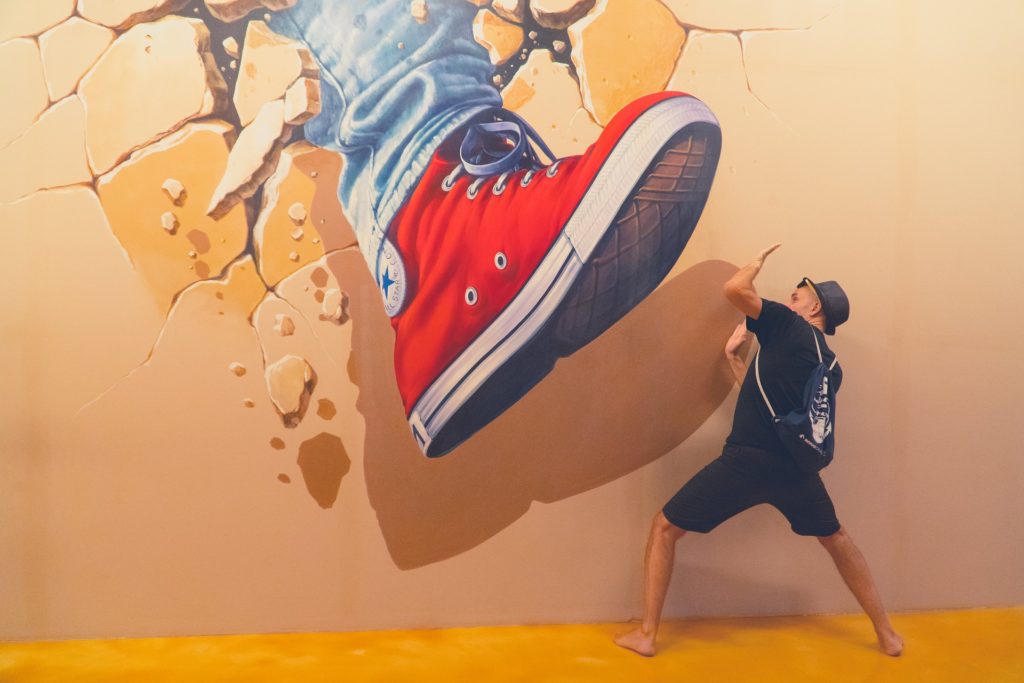It would come as no shock to most people in current times that big corporates like to throw their weight around, whether by lobbying governments, controlling media or protecting their vast wealth. A fantastic David and Goliath story out of the UK this week served as a reminder that sometimes the remedy doesn’t lie in the law, but in one person’s spirit and creativity.
English comedian Joe Lycett, who hosts a prime time TV consumer rights show called “Joe Lycett’s Got Your Back”, this month changed his name to Hugo Boss. Why? You ask. As a protest against heavy handed enforcement of branding and intellectual property rights by the $2.7bn Hugo Boss company against a small Welsh craft beer producer, Boss Brewing.
There is a long history of huge companies taking oppressive action against smaller players in this area and an equally long history of them ultimately failing to win – if it gets to court. However, that doesn’t stop well known brands from throwing their weight around and causing untold financial stress to small operators who dare to use branding in their own business that the giant considers too close to its own.
For example, back in 2007, Cadbury lost a case against Darrell Lea chocolate in relation to Darrell Lea’s use of the colour purple on some of its products. Cadbury argued that their brand was so connected with and identifiable by the colour purple that no other confectionary producer should be allowed to use it. After a lengthy and expensive legal battle, the court found that there would be no confusion of the average chocolate purchaser in comparing the two products, so Darrell Lea was free to use the colour.
McDonald’s has also had its fair share of conflict around its branding –it lost a case in 2009 against a Malaysian curry restaurant that was using the term “McCurry”. Again in 2019, McDonald’s lost a claim against a small Irish restaurant chain, Supermac, over rights to the “Big Mac” name. Again, after a lengthy court battle.
So how does all this affect your small business? Despite ultimately losing in court, these massive corporates can cause a lot of damage to a small business along the way and most small businesses, not having the money to fight them, have to roll over and rebrand to avoid expensive litigation.
Joe Lycett took radical action after Welsh craft brewery Boss Brewing was made to spend $20,000 on legal fees and another $40,000 on rebranding and destroying product, after Hugo Boss kicked up a stink over their use of the word “Boss”.
Lycett’s genius in legally changing his name to Hugo Boss is that using your own name as branding can’t be challenged by anyone, no matter how similar it is to another existing brand. The comedian formally known as Lycett is now planning to “launch a brand new product as Hugo Boss” – and there will be nothing that Hugo Boss the fashion label will be able to do about it.
Just be careful though – in branding your own business, check that there is nothing in the name that could invite unwanted attention from a big corporate with a similar name. If it does, you could be in for great expense and stress while they try and bully you into dropping that brand.
If you’re setting up a new business and you’re considering using any name or branding that might be similar to an existing company’s, get some legal advice before you spend money establishing your brand. Contact us at O’Brien, Connors & Kennett











